Fred Smith
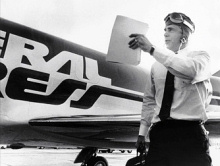
Founder, Innovator and spiritual leader of FedEx
(Photo taken the day he flew this a/c to Washington for display at the Smithsonian Aviation museum. Paul Benbrook)
Roger Frock
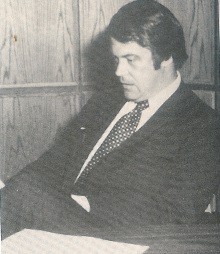
Roger Frock had a B.S in Engr and MBA and he did one of the original studies on whether FedEx could be a viable business. He left his job at A.T. Kearney in May 1972 to move to Little Rock and become the General Manager at a salary of $36K; Fred Smith was paid $35K
His Book on FedEx can be found here.
Art Bass
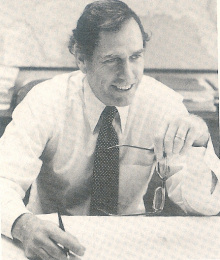
Hired in the Fall of 1972 and eventually became Pres. of FedEx unexpectedly in Feb 1975; Left FedEx in 1982
Vince Fagan
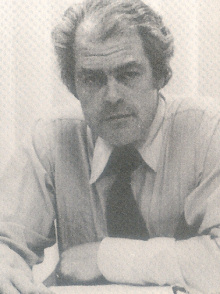
Vince Fagan and Tucker Taylor had both a consulting and advertising business. They closed both to become part of the original FedEx team in 1974. He left the company in 1980, and passed away in 1982.
Vince is credited for FedEx's innovative marketing and advertising strategies. Responsible 'When it Absolutely, Positively, Has to be there Overnight'
He is credited for many advertising industry firsts.
Using market research to classify potential clients and set prices.
Pushing Federal to go after an untapped area--the front office (advertising, offices, sales offices, legal offices etc)
Pete Wilmott
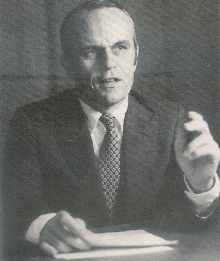
Pete Wilmott joined Federal Express in May 1974 to head Finance after the death of Fred Juravich. He became President in September 1980.
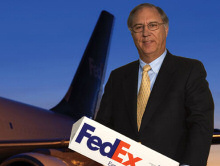
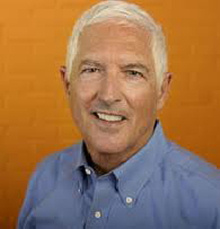
Mike had extensive experience from UPS and was currently working at a sortation company called Rapistan. He held several positions at FedEx, the last being in charge of implementing FedEx's SuperHub. I worked with Mike for several months during the SuperHub development and found him to be extremely disciplined and a good person to work for and with.
Mike Fitzgerald
